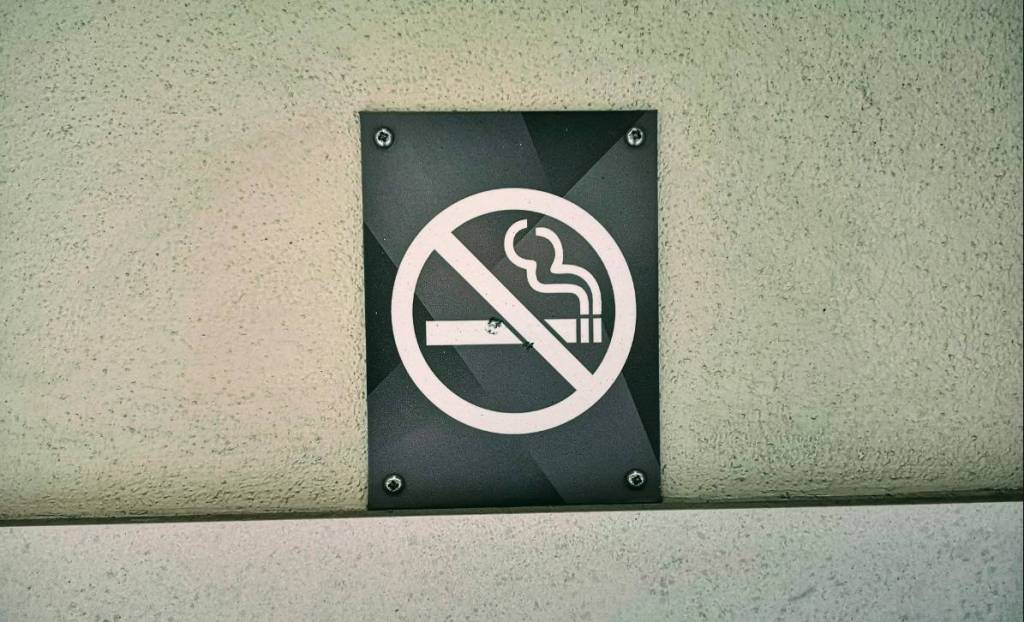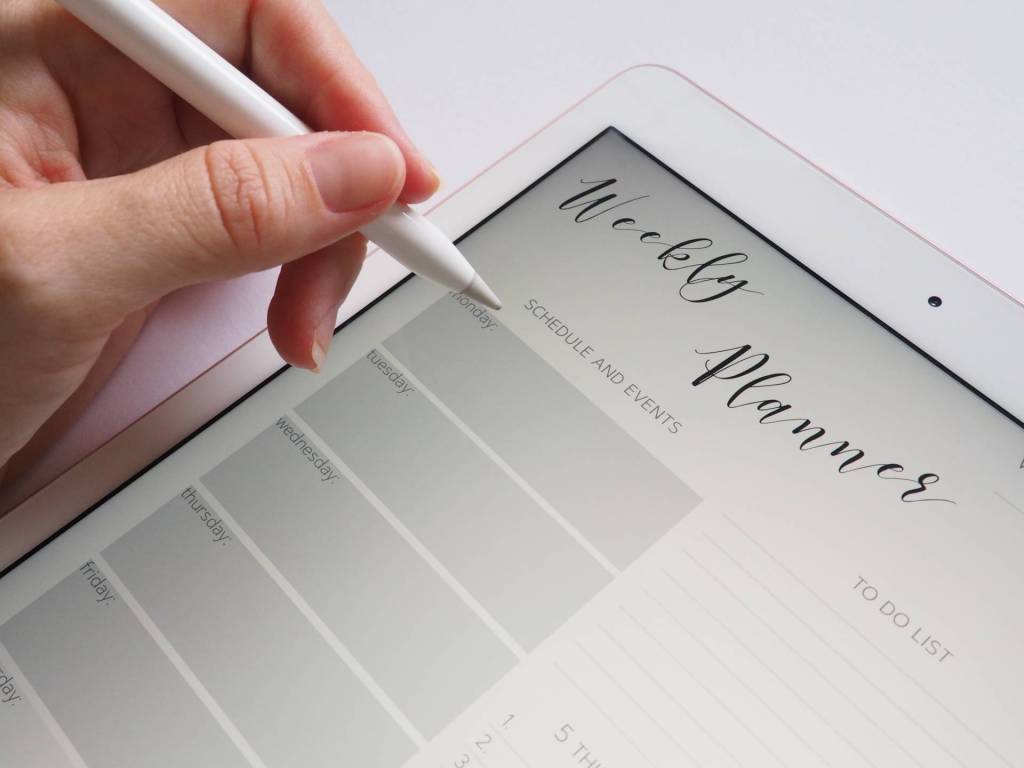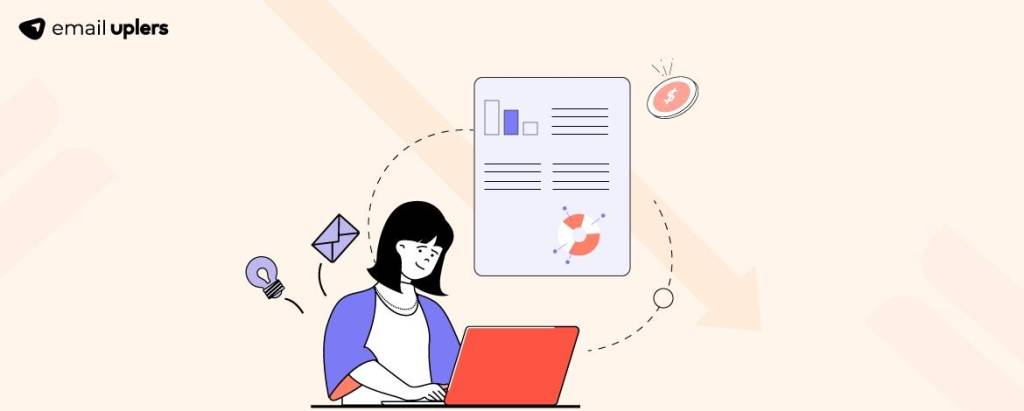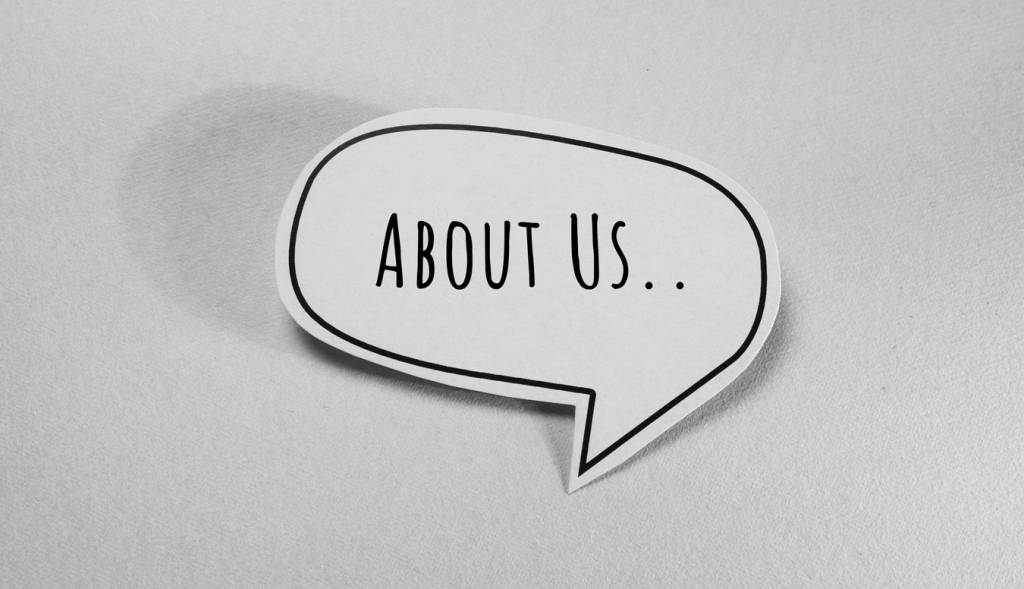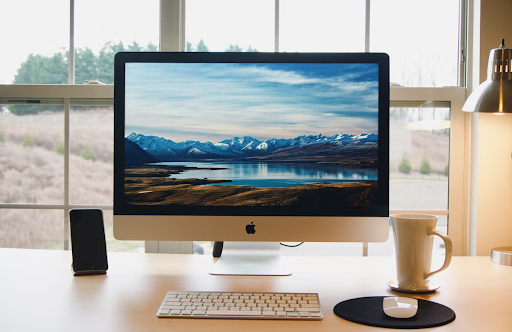Many consider sleep as another obligation to fulfill in the everyday routine. If that mindset continues, you may influence your quality of sleep at night. If you dread sleep, the experience won’t be a pleasant one.
Gaining quality sleep is vital for hard workers to do their best every day, and clocking in seven to eight hours of shut-eye helps you succeed at work. Getting the most out of your night’s rest means more energy for the day, a mood boost and higher performance levels at work. Here are the superpowers you’ll gain at work by getting optimal rest nightly.
- Taking Advantage of the Secret Sleeper Booster
Commonly known as the power nap, the secret sleeper booster will optimize your time and money. Nap time isn’t only for preschoolers and kindergartners.
Increasing demands take up employee time at work and at home. Many companies now recognize the importance of allowing employees to take naps while at work, rather than risk falling asleep on the job. If a 20 or 30-minute power nap optimizes the way employees work, then why not invest in a pro-nap time policy?
As long as you know you’ll wake up, close your eyes during your lunch hour for a few minutes. Successful companies such as Google and Uber let their employees nap: 3 percent of companies have nap rooms out of 510 respondents in one survey, while nearly half of U.S. workers indicate a lack of sleep affects their ability to perform daily tasks.
- 90-Minute Sleep and Work Intervals Improve Performance
Have a deadline that you need to meet soon? Don’t see a way around missing sleep? When push comes to shove, longer nap periods do you more good than short ones. Full sleep cycles last 90 minutes: light sleep, deep sleep and REM. You’ll wake up naturally and feel more alert by focusing on 90-minute nap periods.
That includes keeping sessions of hard work within intervals of ninety minutes. Your body protests when you do one task for too long, and you need to get up and move. Walk around the department or do a few yoga moves for five minutes every hour to optimize your work performance and minimize mistakes
Try to avoid your first cup of coffee within the first 90 minutes of waking. Focus on hydrating with water. Coffee consumption tends to dehydrate the body, and drinking enough water throughout the day will keep your mind and body healthy to focus on tasks ahead.
- No Alarm Clock Needed
Tired of waking up to a blaring alarm and hitting the reset button two more times? Make time yours by honoring the sleep patterns that work best for your body.
When you get enough sleep, you’ll wake up without an alarm at a time your body feels perfectly well-rested. That may mean shifting your sleep schedule and routine to wake up later or fall asleep earlier.
Not sure when that is? If you’re a techie, use your smartphone as a smart alarm with various apps that track your sleep and gently wake you up. Don’t startle yourself awake with an obnoxious alarm. These apps also give you hard data about when you experience sleep disturbances or how many times you rolled over at night. Using a blue light filter app in the evening will also reduce eyestrain and help you fall asleep easily.
- Healthy Bedtime Routines
Need a nightcap before bed? What about one more cup of coffee before you fall asleep? Your theory entails that the warmth of a cup of Joe makes you nice and sleepy.
Alcohol actually causes you to awaken during the night, disrupting your REM sleep. Alcohol and caffeine impair your sleep. In a study surveying the effects of caffeine on healthy sleepers, researchers found 400mg of caffeine 30 minutes before bed severely disrupted sleep and vital cardiovascular activity. Sleep disruptions were also found in coffee consumption three and six hours before bed, leading to increased time in bed to make up for lost sleep.
Improve your bedtime routines by surrounding yourself with relaxing activities. Replace that cup of coffee or that whiskey on the rocks with decaf or a caffeine-free tea with calming properties, such as lavender. Developing a personalized bed time routine will cue your body into efficiently falling asleep faster and getting a more restful sleep.
- Improved Productivity Levels
More employees are taking lunch at their desks to multitask and assume they’ll conduct some level of work while on vacation. Attempts to improve work performance by multitasking this way doesn’t boost productivity.
More time spent at work means less time for sleep. Less than six hours of sleep predisposes you for burnout if made into a nightly habit, yet higher levels of quality sleep improve your productivity levels. When male basketball players slept for at least ten hours, their three-point and free-throw shooting rates improved by a 9 percent average.
Getting proper levels of sleep will improve your work performance and decrease the risk of burnout. Healthy bedtime routines create a relaxing atmosphere to ease you into sleep and help you wake up well-rested. Don’t think of sleep as a burden but as a work and life boon that helps you succeed and lead a long and healthy life.



